We eat the fruits and vegetables they harvest. But how often do we think of the people whose hands pick our food?
As a father and husband trying to make a living in a foreign country, Pedro is familiar with suffering. He struggles to provide for his family. Pedro fights the hardships of life with the persistence of a salmon swimming upstream.
In the Central Valley, we celebrate agriculture and talk about how this is the land that provides food for the rest of the country. Little do we think of the individuals whose hands pick and harvest the fruits and vegetables served on our tables.
Yet we see those people every day, even on Shaw Avenue in front of Fresno State: Drivers getting stuck in traffic. Students entering and exiting the university. Individuals driving to Dog House Grill for a bite to eat.
No one stops to acknowledge a Latino man who stands outside Dog House Grill selling flowers in big white buckets. He walks through the street in between cars at every red light, displaying his roses through the car windows. Ten dollars for a small bouquet or $20 for a bigger one. He smiles; the colorful roses are shown. Many nod their heads, saying “no, thank you.” Others show compassion by buying him lunch at Dog House Grill.
Rarely anyone will stop to ask him his story.
Pedro, 50, immigrated from Guatemala to Mexico with his 20-year-old son, Manuel. He agreed to be interviewed by a reporter speaking his native language. He did not want to give his last name.
“I barely got to America two years ago,” said Pedro. “I immigrated from Guatemala to Chiapas, Mexico, first.” Most people immigrating from Guatemala have to go to Mexico first before coming to America. The challenges they face are unimaginable.
Moving to a new country is difficult. Pedro left his wife behind in Guatemala because he knew it would be the only way to be able to support her and make more money than he did in Guatemala. “I started working in the fields. We harvested plums and peaches right when we moved here.”
Pedro works in the fields from sunrise to sunset throughout the Central Valley. The locations are unknown to him. “I do not know how to read,” he said. For this reason, it is difficult for him to find a job that is not mentally, physically and emotionally draining.
The work he does in the fields is evident from the condition of his hands.
“The physical labor farm workers experience daily is extreme,” he said. “We picked up buckets and buckets. It is very hard.”
In addition to working in the fields during the week, Pedro works outside Dog House Grill selling flowers on weekends. He said he started doing this to make a little more money. Sometimes he stands there all day and only makes about $5. He is hoping to bring his wife to America one day but is finding it difficult to make ends meet.
“We need help for my son because we do not have anything. We can’t afford rent or the phone bill. We can’t afford to buy food.”
Manuel has been sick for three months and unable to work.
“When we came to America, we came because we needed to make money,” Pedro said. “We come here to work. To gain. To chase the American dream.”
Recently, he’s been working in the fields more and selling flowers less. And he’s changed locations for his flower selling, selecting different intersections in a quest to find a more lucrative trade.
The life of immigrant farmworkers in America is challenging. Most immigrants are only able to work in the fields or in very heavy, physical labor jobs. Yet, they are some of the most hardworking people in our society and provide many benefits to the community.
Immigration is a volatile political and cultural issue. Many people do not value the people who work hard in the fields. Or toil in factories. Or sell flowers on the corner of Shaw Avenue.
Farmworkers wake up at the crack of dawn and work hard to provide a meal for their families and bring food to our tables. They are people with names and families. In a new country, they have faith in their futures. And in their children’s futures.
Pedro is a living example of a hardworking man.
“I know that God helps me daily,” he said.
—————–
Keren Cabrera wrote this story for MCJ 2 (Media Writing). She is a sophomore majoring in Media, Communications and Journalism.
Your donation will support the student journalists of Fresno State Your contribution will allow us to purchase equipment and cover our annual website hosting costs.




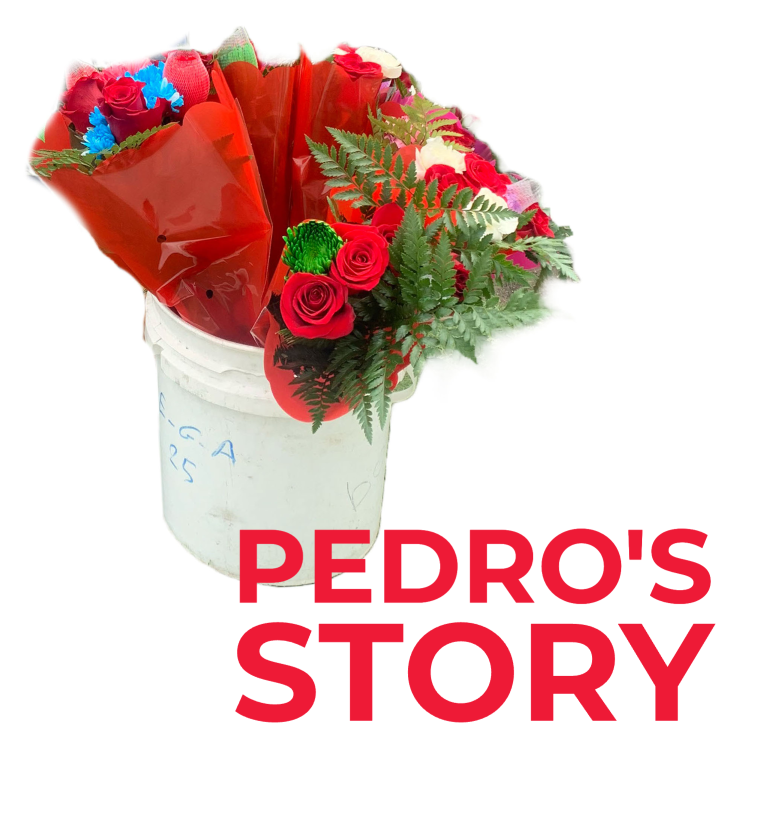
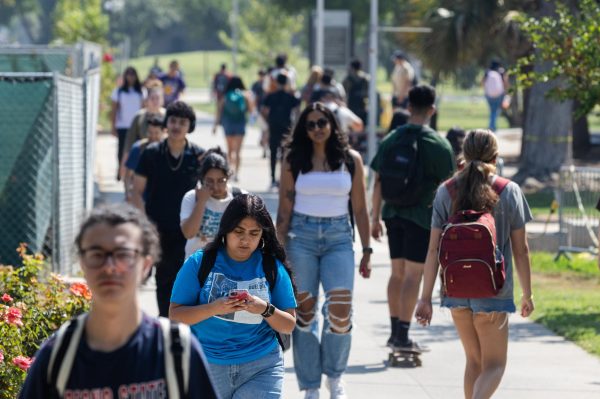
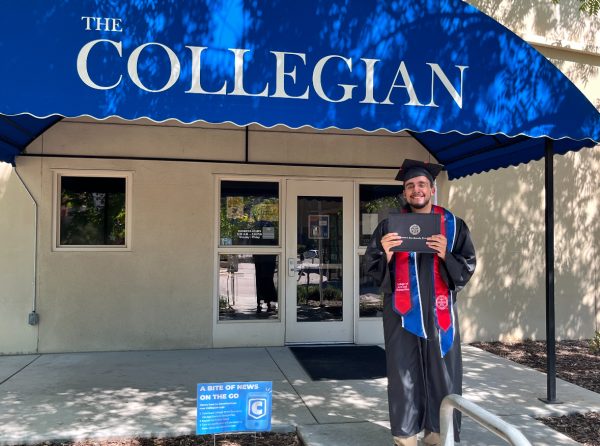

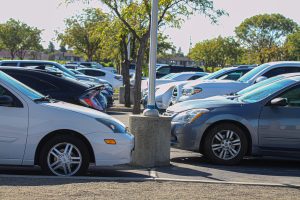
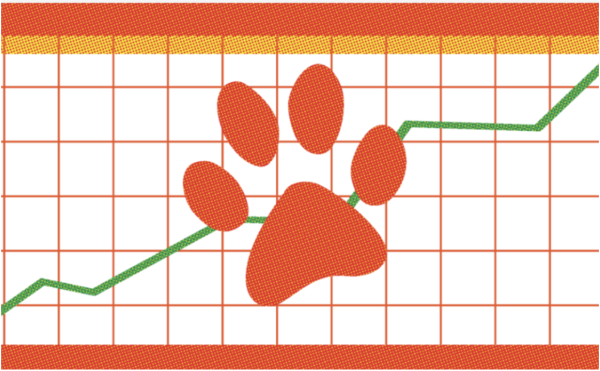
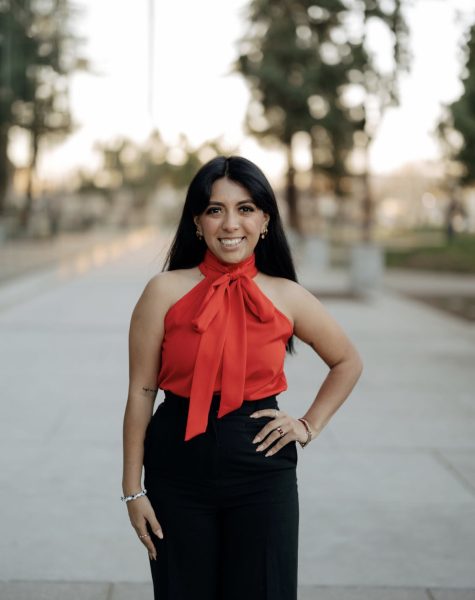

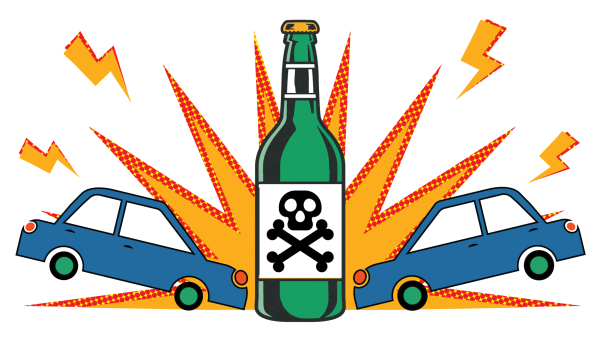
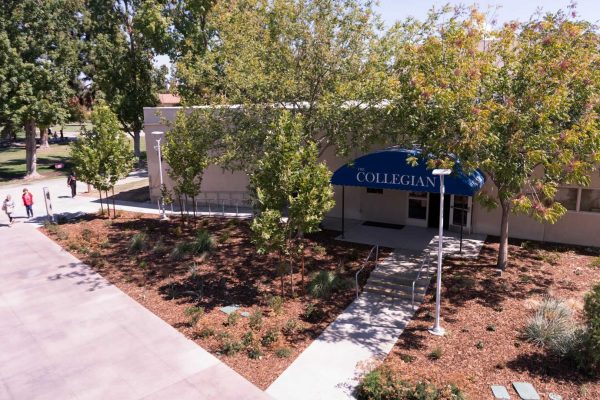

Perla • Jul 11, 2023 at 11:52 am
Excellent story and very well written!